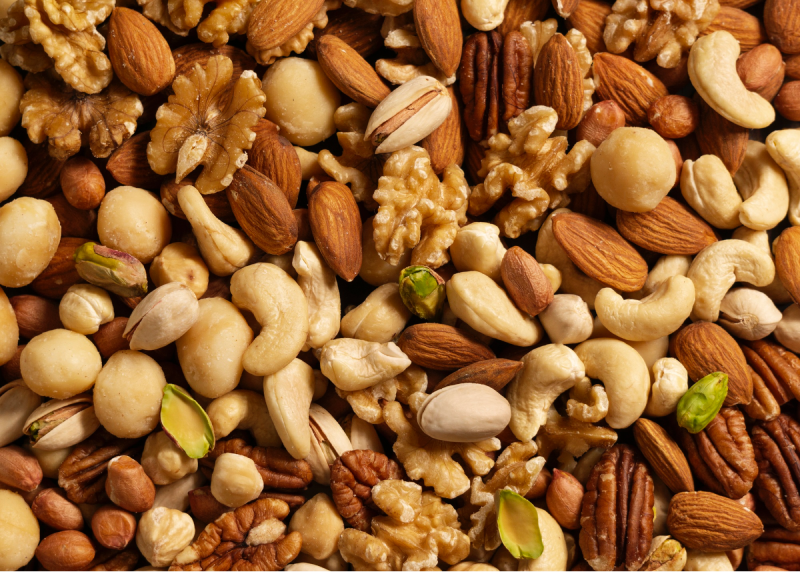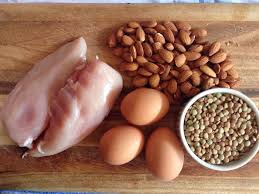A recent study shows that people who regularly eat tree nuts — including almonds, macadamias, pistachios, walnuts and cashews — also have lower risks for Type 2 diabetes, metabolic syndrome and heart disease. However eating unlimited amounts can easily add an extra hundred calories a day to you diet, which could lead to weight gain and increased cholesterol levels. DietSensor, the scanner-and-app combo, introduced at CES 2016, aims to make healthy eating easier. Discover how !
Read the full article at: www.huffingtonpost.com
Even though nuts have health benefits, that doesn’t mean you can go hog-wild with your portions. According to Dr. Melina Jampolis, diet and fitness expert, people should not eat more than a quarter of a cup of nuts or seeds a day, since they have so many calories from fat. We know how hard it is to find the time to monitor what you are eating when you have a busy schedule. However, it is necessary to track what we eat before it becomes a problem as monitoring nutrition is the only solution to reserve these trends. The DietSensor is here to simplify the process for you! It seems pretty simple in theory: It is a User-Friendly app, taking you 10 times fewer clicks to log a food than with other manual input methods. DietSensor’s innovative progression chart gives comprehensive information on carbs, fat, protein, calories, and alcohol levels to provide customized nutrition goals.
Some of this might seem obvious, but you’ll be surprised at the detail that can go into a healthy diet.
For more info visit DietSensor.com




